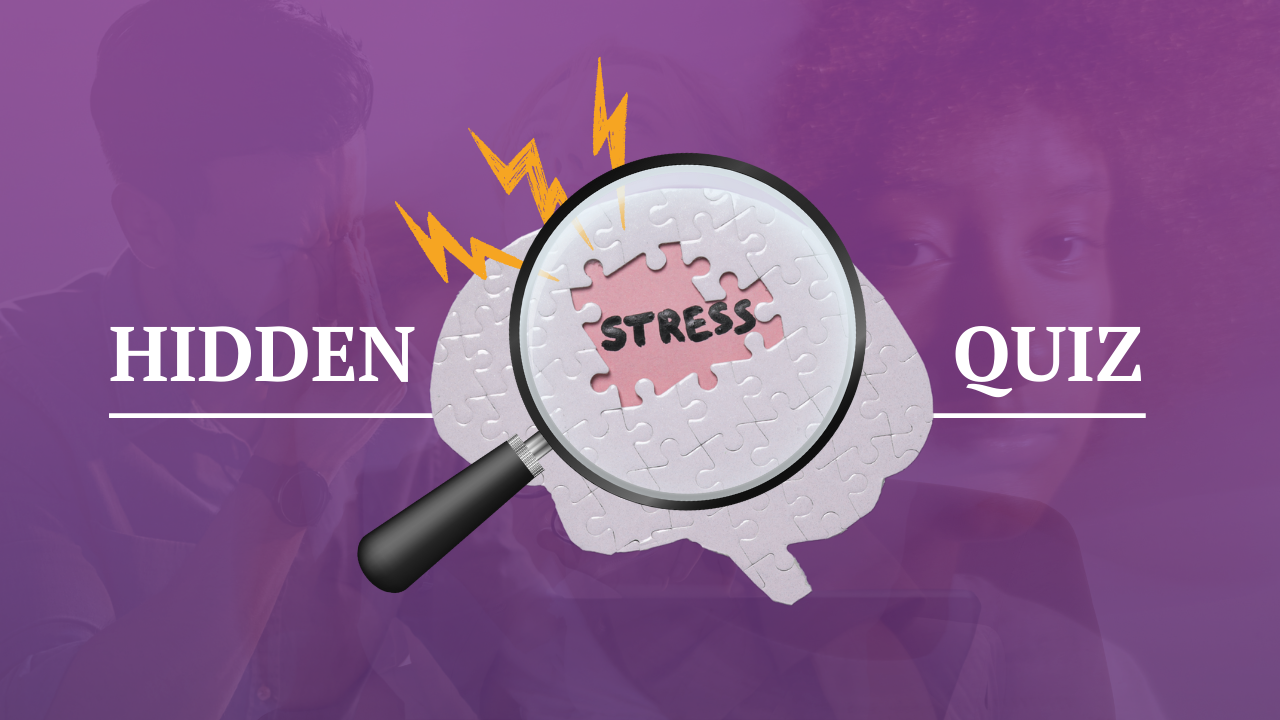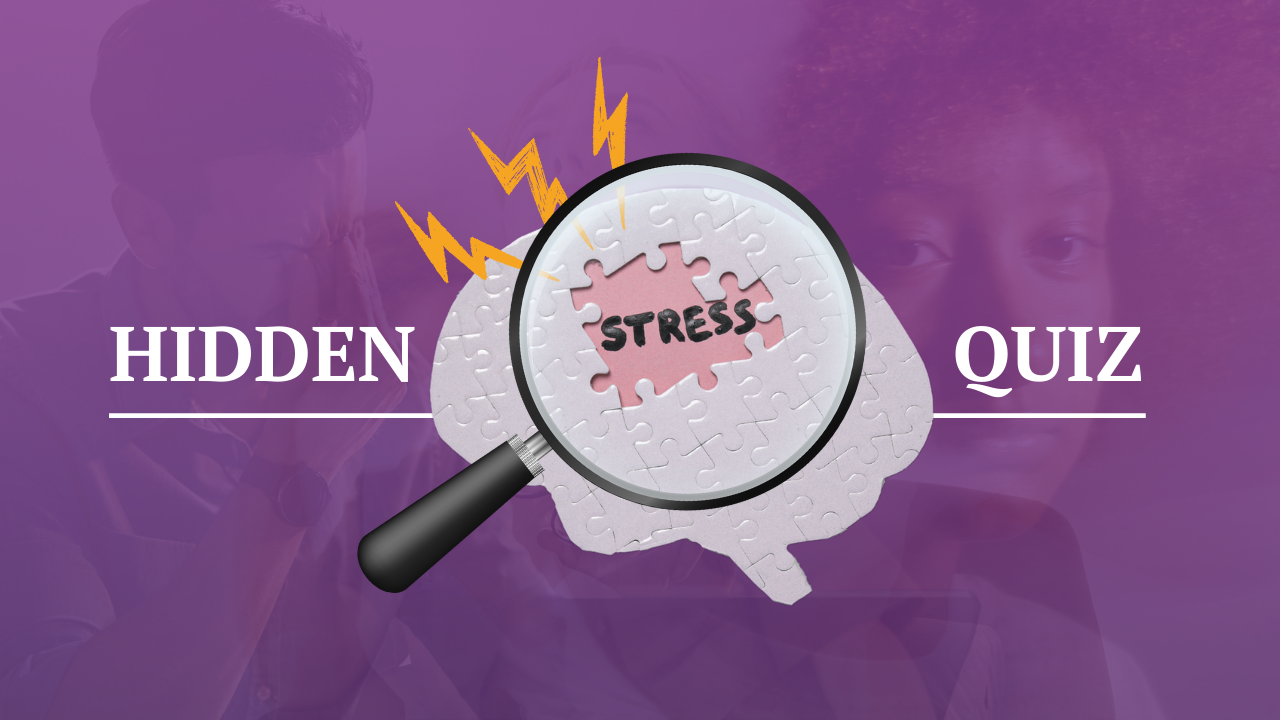Reclaiming Your Evenings: How to Truly Unwind After Work
Jun 18, 2025
Why Unwinding After Work Feels Impossible
After a long day, most people say they want to relax—but instead, they find themselves doom-scrolling on their phone, replaying work stress, or numbing out with TV.
I once worked with a client, whom I’ll call Marcus (name changed for privacy), who struggled with this exact issue. He wanted to unwind after work but felt “stuck” in stress mode. Even when he wasn’t physically at work, his mind kept replaying emails, meetings, and to-do lists.
Marcus thought he just needed to “relax more,” but the real issue was that he had no transition between work and home life. His nervous system was still in work mode. The key to true relaxation isn’t just taking time off—it’s learning how to mentally and physically shift out of work stress.
Here’s how you can do the same.
1) Create a Wind-Down Ritual to Signal the End of Work
One reason Marcus couldn’t relax? He had no clear boundary between work and home. His work laptop sat open on the kitchen table, and he often answered emails late into the evening.
Why It Works:
-
Studies show that clear “work shut-down” rituals reduce stress spillover and improve relaxation (Sonnentag & Bayer, 2005).
-
Small, consistent cues signal to your brain that work is over, making it easier to unwind (Gollwitzer, 1999).
How to Use It:
-
Set a specific end-of-work time and physically step away from your workspace.
-
Use a small ritual (closing your laptop, taking a walk, or changing clothes) to mark the transition.
-
Say a mental cue, like “Work is done for today.”
Try This: Choose a 5-minute “end-of-work” ritual (stretching, lighting a candle, or playing a song) and use it daily to create a habit.
2) Engage in “Active Rest” Instead of Passive Escapes
Marcus often watched TV to relax, but it didn’t actually help him feel better. Passive activities can numb stress temporarily, but they don’t help your mind truly reset.
Why It Works:
-
Engaging in “active rest” (like movement, hobbies, or social connection) reduces stress more effectively than passive rest (like scrolling social media) (Newman et al., 2014).
-
Doing something engaging prevents rumination and helps you feel refreshed.
How to Use It:
-
Swap mindless scrolling for an activity that requires light engagement—reading, stretching, or listening to music.
-
Get outside for a 10-minute walk to reset your mind and body.
-
If you love TV, pair it with something active—stretching, doodling, or journaling.
Try This: Instead of watching TV immediately after work, try a 10-minute activity first (reading, music, or movement). Notice if you feel more recharged.
3) Give Your Brain a “Closure Cue” to Reduce Work Rumination
One of the biggest barriers to relaxation? Replaying work stress in your head.
Why It Works:
-
Studies show that writing down unfinished tasks helps the brain let go of them (Baumeister & Masicampo, 2011).
-
Creating a simple brain-dump routine prevents stress from carrying into the evening.
How to Use It:
-
At the end of the workday, write down any lingering thoughts or unfinished tasks for tomorrow.
-
Instead of mentally replaying conversations, journal for 5 minutes about what’s on your mind.
-
If work thoughts pop up at night, tell yourself: “This is for tomorrow.”
Try This: Keep a small notebook by your desk and write down any unfinished work thoughts before leaving for the day. Your brain will thank you!
Own Your Evenings, Own Your Energy
Marcus used to feel stuck in stress mode long after work ended. But once I helped him built a wind-down ritual, taught him how to engage in active rest, his brain got the closure cue, and he finally started to feel relaxed in the evenings.
Unwinding isn’t just about “chilling out.” It’s about intentionally shifting your nervous system out of stress mode. The more you practice, the easier it gets.
What’s one small change you can make today to reclaim your evenings? Send me an email to share your change so we can celebrate together.
References
Baumeister, R. F., & Masicampo, E. J. (2011). Consider it done! Plan making can eliminate the cognitive effects of unfulfilled goals. Journal of Personality and Social Psychology, 101(4), 667-683.
Gollwitzer, P. M. (1999). Implementation intentions: Strong effects of simple plans. American Psychologist, 54(7), 493-503.
Newman, D. B., Tay, L., & Diener, E. (2014). Leisure and subjective well-being: A model of psychological mechanisms as mediating factors. Journal of Happiness Studies, 15(3), 555-578.
Sonnentag, S., & Bayer, U. V. (2005). Switching off mentally: Predictors and consequences of psychological detachment from work during off-job time. Journal of Occupational Health Psychology, 10(4), 393-407.


